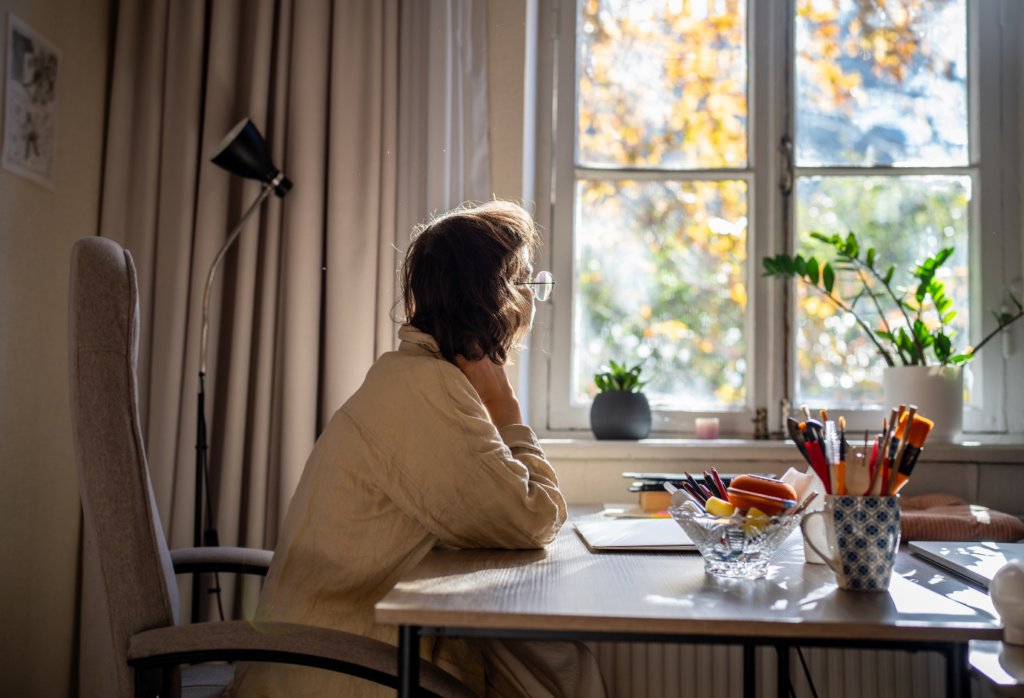Prolonged experiences of loneliness can be detrimental to women’s mortality, a new Australian study has found.
Researchers at the University of Sydney analysed data from the Australian Longitudinal Study of Women’s Health to look at factors contributing to the health of more than 57,000 women and discovered women who feel lonely over a 15-year period are three times more likely to die early than those who don’t.
Researchers analysed women aged between 48 and 55 and traced their health over 15 years to find that women who did not report loneliness in the 15-year period had a five per cent risk of dying while women who reported feeling lonely throughout the same period had a 15 per cent risk of dying.
Senior report author Professor Melody Ding said that the study is the first time a causal link between loneliness and early death among middle-aged Australian women has been identified.
Research published over the past few years has revealed the link between loneliness and adverse health including heart disease, diabetes, depression, anxiety and one’s risk of dementia.
More recently, the Medibank Loneliness Population Index revealed that more than half of Australians say they feel lonely in a typical week, with women reporting slightly higher levels of loneliness on UCLA’s loneliness scale — a measurement used to chart one’s subjective feelings of loneliness and feelings of social isolation. For young women aged between 16-24, 41 per cent rated higher on the scale — more than any other age group.
Startlingly, 40 per cent of women surveyed in the Medibank Index said they didn’t want to burden others by seeking support for their loneliness.
Headspace’s latest national youth survey also revealed that young women aged between 18-21 were found to experience loneliness more than any other age group of young people.
Head of Clinical Practice at headspace, Nicola Palfrey, attributes the experience of loneliness to the several major life transitions that occur in that age demographic.
“This stage of young adulthood can be a difficult time, marked by major life changes, and young women in their late teens and early twenties are doing many things for the first time,” Palfrey said. “They’re gaining greater independence, leaving school, moving out of home, and beginning further education or a career, while some could be thinking about starting a family or travelling overseas for the first time.”
“These are all major life transitions, which can feel exciting and full of potential, but they can also feel overwhelming and stressful.”
If you need to speak to someone now, you can reach Beyond Blue on 1300 224 636 or call Lifeline on 13 11 14.
Image credit: Shutterstock
Become a Women’s Agenda Foundation member and support our work! We are 100% independent and women-owned. Every day, we cover the news from a women’s perspective, advocating for women’s safety, economic security, health and opportunities. Foundation memberships are currently just $5 a month.
Bonus: you’ll receive our weekly editor’s wrap of the key stories to know every Saturday. Become a member here.


